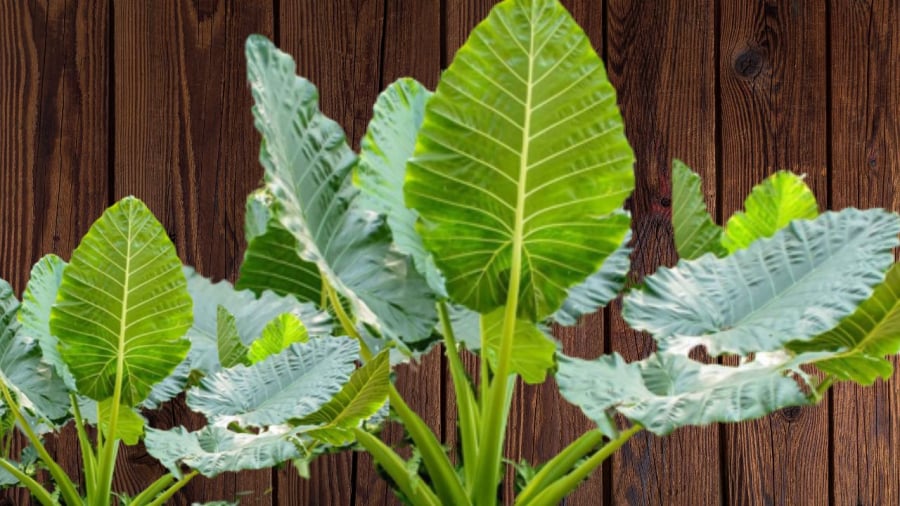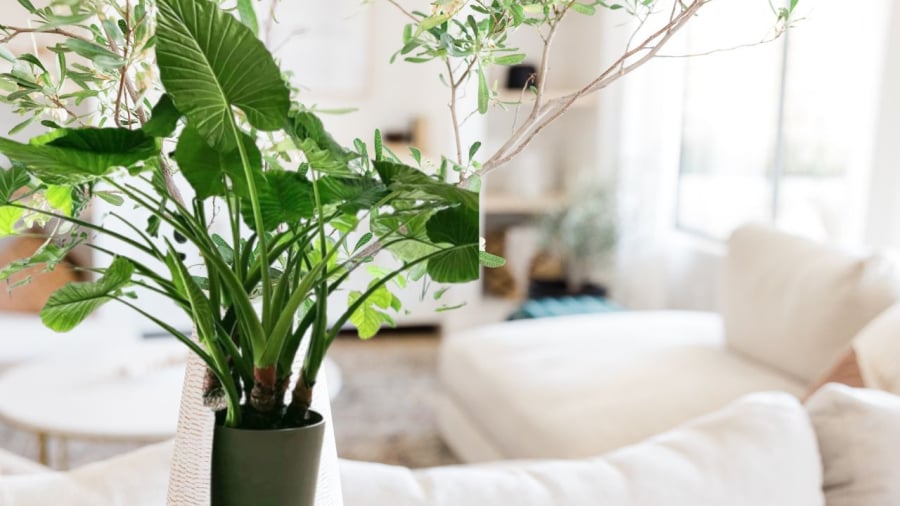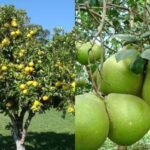From Wild to Feng Shui Plant: The Story of Elephant Ear
The star of this transformation is the elephant ear plant, a wild species native to hill slopes and abandoned lands. With its large, lush green leaves, it has captured the attention of many, becoming a popular choice for indoor gardening and feng shui enthusiasts.
In the world of feng shui, bigger leaves mean bigger opportunities to attract wealth and luck. The elephant ear plant, with its impressive leaf size, brings a sense of grandeur and prosperity to any home. Its leaves are a surprising standout, dwarfing the foliage of other houseplants.

Larger Leaves, Larger Fortune
The Significance of the Elephant Ear Plant in Feng Shui
For those familiar with feng shui principles, the elephant ear plant needs no introduction. With its vibrant, year-round greenery, this plant is believed to attract financial abundance and good fortune for homeowners. The expansive leaves symbolize a receptacle for wealth and a magnet for positive opportunities.
The vitality of the elephant ear plant is reflected in the lushness and size of its leaves. The greener and larger the leaves, the more vibrant and prosperous the home is believed to become. A thriving elephant ear plant is seen as a fortunate omen for the household.
The sheer size of this plant conveys a sense of grandeur, and its wild nature makes it relatively low maintenance. The elephant ear plant is also an excellent air purifier, ensuring a healthy and comfortable indoor environment.
Its presence in a home symbolizes thriving family bonds, mutual care, and robust health for all members. For spacious homes, the elephant ear plant’s substantial leaves and sturdy stems create a harmonious balance with the architectural design.

Low Maintenance, High Impact
Feng Shui Tips for Growing Elephant Ear Plants
The elephant ear plant thrives with minimal care, but there are a few key considerations to ensure its well-being. These plants prefer shaded areas, mimicking their natural habitat under the canopy of large trees. For colder climates, bring the plant indoors during winter and return it outdoors in spring.
Lighting: While the elephant ear plant enjoys sunlight, direct exposure to intense heat should be avoided. Place the plant in a bright, shaded area indoors or outdoors. Darker-leaved varieties require more sunlight than their lighter counterparts.
Soil: Elephant ear plants grow best in moist, nutrient-rich, loamy soil. Well-drained soil is essential to prevent waterlogging, which can attract mosquitoes and other pests.
Watering: These plants love moisture, so regular watering is crucial. However, be careful not to overwater, as this can lead to root rot and other issues. Ensure the soil is moist but not soggy.
Temperature: Elephant ear plants are tropical and subtropical, so they thrive in warm, humid conditions. They can tolerate brief periods of cooler temperatures but may go dormant during extended cold spells.
Fertilizer: To promote larger leaves and overall growth, especially for potted plants, use a nitrogen-rich fertilizer diluted in water every two to three weeks.
For reference and contemplation
“Don’t Let These Flower Vases Take Away Your Luck: A Guide to Avoiding Common Home Decor Mistakes”
Introducing the world of floral offerings with a twist – a guide to navigating the dos and don’ts of flower arrangements for ceremonial purposes. Uncover the hidden meanings behind these vibrant blooms and avoid potential pitfalls with a simple yet transformative twist. Prepare to immerse yourself in a journey of cultural significance and aesthetic appeal, where every petal unfolds a story and each arrangement speaks volumes.



































